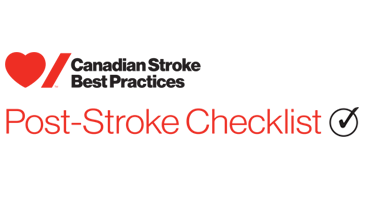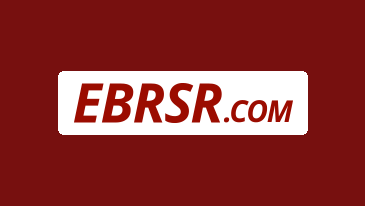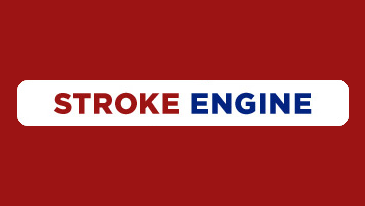In the CSBPR Seventh Edition, all recommendations related to ICH have been consolidated into one module that addresses ICH across the continuum. This enables health professionals to have one source for ICH treatment and management. This module includes emergency management of ICH, inpatient care, rehabilitation and secondary prevention. It focuses on recommendations for care that are unique to ICH and differ from ischemic stroke and TIA. This module contains updates and additions to previously existing recommendations on acute management of ICH in the emergency department (Section 1). All additional recommendations are new content additions to this module.
For initial prehospital management of a stroke patient, prior to confirmed diagnosis of ICH, the CSBPR Acute Stroke Management module, sections 1 to 4, apply and should be followed up until a diagnosis of ICH is confirmed, then these recommendations become the applicable set.
This module is developed in collaboration with the COHESIVE Network. CoHESIVE is a Canada-centric international multidisciplinary network of over 50 investigators devoted to preventing ICH and bettering the lives of ICH survivors through collaborative research, education and patient advocacy.
The detailed methodology and explanations for each of these steps in the development and dissemination of the CSBPR is available in the Canadian Stroke Best Practice Recommendations Overview and Methodology manual available on the Canadian stroke best practices website at www.strokebestpractices.ca/recommendations/overview-methods-and-knowledge-exchange
Ashkan Shoamanesh, M. Patrice Lindsay, Lana A Castellucci, Anne Cayley, Mark Crowther, Kerstin de Wit, Shane W English, Sharon Hoosein, Thien Huynh, Michael Kelly, Cian J O’Kelly, Jeanne Teitelbaum, Samuel Yip, Dar Dowlatshahi, Eric E Smith, Norine Foley, Aleksandra Pikula, Anita Mountain, Gord Gubitz and Laura C. Gioia, on behalf of the Canadian Stroke Best Practices and Quality Advisory Committee in collaboration with the Canadian Stroke Consortium and the CoHESIVE Network. Canadian Stroke Best Practice Recommendations: Management of Intracerebral Hemorrhage, Seventh Edition, 2020; Toronto, Ontario Canada: Heart and Stroke Foundation.
Comments
We invite comments, suggestions, and inquiries on the development and application of the CSBPR.
Please forward comments to the Stroke Team at Heart & Stroke: strokebestpractices@heartandstroke.ca.
- Management of Spontaneous Intracerebral Hemorrhage guideline publication in the International Journal of Stroke
- Writing Group Members and External Reviewers
- Management of Intracerebral Hemorrhage Definitions
- Figure 1: Intracerebral Hemorrhage Patient Flow Map
1. Emergency Management of Intracerebral Hemorrhage
- 1.1 Initial Clinical Assessment of Intracerebral Hemorrhage
- 1.2 Blood Pressure Management
- 1.3 Management of Anticoagulation
- 1.4 Consultation with Neurosurgery
- 1.5 Neuro-imaging
- 1.6 Surgical management of Intracerebral Hemorrhage
- Box One: Symptoms of Intracerebral Hemorrhage
- Box Two: Modified Boston Criteria
- Evidence Table and Reference List
2. Inpatient Care Following Intracerebral Hemorrhage
- 2.1 Venous Thromboembolism Prophylaxis
- 2.2 Seizure Management
- 2.3 Increased Intracranial Pressure
- 2.4 Rehabilitation following Stroke due to Intracerebral Hemorrhage
3. Secondary Stroke Prevention in an Individual with Intracerebral Hemorrhage
- 3.1 Risk Assessment
- 3.2 Lifestyle Management
- 3.3 Blood Pressure Management Following Intracerebral Hemorrhage
- 3.4 Antithrombotic Therapy Following Intracerebral Hemorrhage
- 3.5 Statin Therapy in Intracerebral Hemorrhage
- 3.6 Functional Assessment





